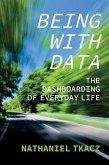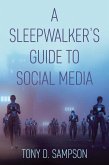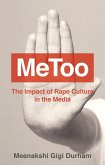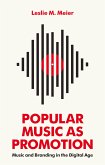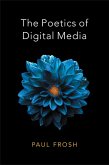Dieser Download kann aus rechtlichen Gründen nur mit Rechnungsadresse in A, B, BG, CY, CZ, D, DK, EW, E, FIN, F, GR, HR, H, IRL, I, LT, L, LR, M, NL, PL, P, R, S, SLO, SK ausgeliefert werden.
Barbie Zelizer, University of Pennsylvania
'Johanna Sumiala has written a wonderful book. A book that, by exploring the dilemmas of mortality as we experience them in and through our hybrid environments of mediation, offers us more than an eloquent treatise of mediated death. It gifts us with a profound reflection on the new rituals of loss, mourning, and community in 21st-century modernity.'
Lilie Chouliaraki, London School of Economics and Political Science



